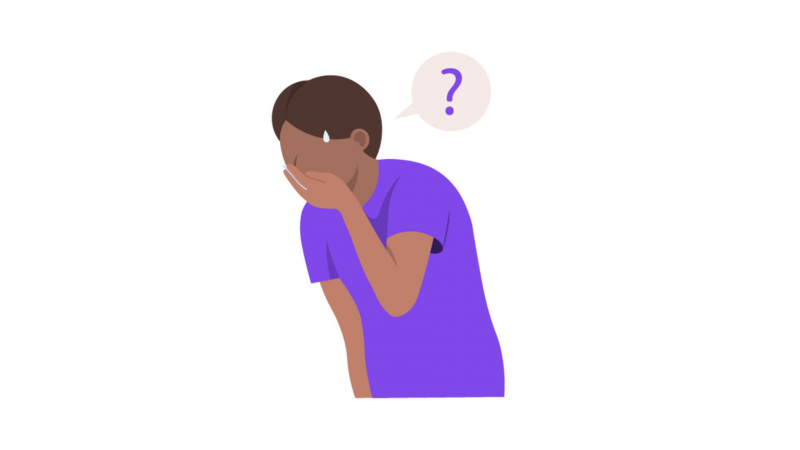Downsides

Top 3 in Top 7 Things to Know About Eliquis
You are more likely to have the following side effects if you are between the ages of 18 and 60, do not take any other medications, or have any other medical conditions:
- The most common side effects are minor bleeding, nausea, anemia, and hemorrhage. Constipation, vomiting, diarrhea, or abdominal pain are all possible gastrointestinal side effects.
- If you have severe or uncontrollable bleeding, pink or brown urine, red or black tar-like stools, coughing or vomiting up blood, or blood clots (may look like coffee grounds), dial 911. Seek immediate medical attention if you have any symptoms of a stroke (such as sudden dizziness, headache, or loss of vision; difficulty speaking or slurring your words; or one-sided facial drooping) or signs of a blood clot (sudden, severe shortness of breath; pain, heat or swelling in a limb).
- If Eliquis needs to be stopped for any reason other than substantial bleeding or finishing the course of therapy, think about switching to another anticoagulant because early withdrawal has been linked to thrombotic events (the formation of a blood clot within a blood vessel).
- Eliquis users who are undergoing spinal puncture or epidural or spinal anesthesia have a higher chance of developing spinal or epidural hematomas, which can lead to long-term or permanent paralysis. The risk is higher in people who use other blood-thinning medications (such NSAIDs or aspirin), have had traumatic or recurrent spinal procedures, have had spinal deformities, or have had previous spinal surgery.
- Some people, including those with artificial heart valves or active bleeding, may not be able to use it.
Because there is no commercial blood test available to check the actual effect Eliquis has on each individual taking it, it may be difficult to confirm if the "one dosage fits all" regimen suits everyone. - Other drugs that may interact with it include ketoconazole, carbamazepine, phenytoin, rifampin, and St John's Wort.
Guidelines advise against using Eliquis in people who are obese (BMI >40kg/m2 or weight of 120kg or more) due to a lack of research on the drug's use in this population. - The effects of Eliquis on women who are pregnant or nursing are not well understood. Before deciding, balance the rewards and hazards. The risk of bleeding in the fetus and newborn is increased by the use of anticoagulants like Eliquis.
In general, those who are older or younger, have specific medical conditions (including liver or kidney issues, heart disease, diabetes, or seizure disorders), use other medications, or are seniors or young children are more likely to experience a greater range of adverse effects.








